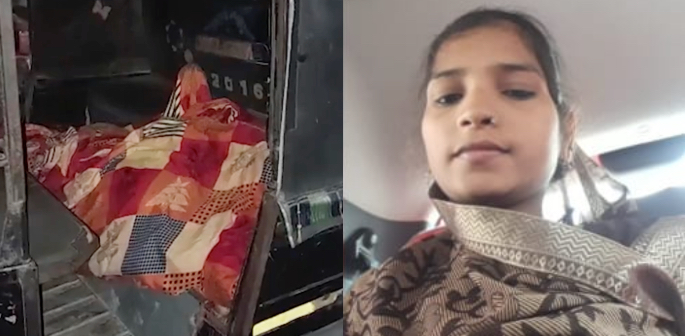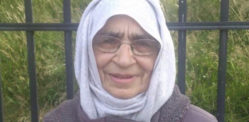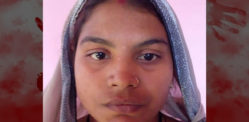Widows in India have a pronoun problem.
An Indian widow was strangled to death by her in-laws in Nalanda on July 30, 2022.
The allegation was made by Bharat Kumar, the brother of the widowed daughter-in-law, known as Kanchan Devi.
Bharat was made aware of the incident after his sister’s neighbours contacted him.
The brother told authorities that his 26-year-old sister married Veeru Singh, of Ramchandrapur village, in 2016.
The widow soon after gave birth to a son and a daughter.
In 2018, her husband died of cancer. Since then, her in-laws, according to her brother, harassed her daily.
They repeatedly asked Kanchan to demand money from her maternal uncle. When the widow refused, her in-laws strangled her to death.
On receiving the information about the death, the police arrived and took the widow’s body to Sadar Hospital for post-mortem.
Parwalpur SHO Vashisht Narayan Singh said that a prima facie investigation has revealed the matter of suicide.
But, no application has been made by the relatives of the deceased. Action will be taken only after the application is received.
At present, the in-laws’ family is absconding from the house. The cause of death will be revealed only after the post-mortem report comes.
After the incident, the widow’s in-laws fled the scene with the children and are yet to be located.
Widows in India have a pronoun problem. The estimated 40 million women widows in the country go from being called “she” to “it” when they lose their husbands.
It’s more than a problem of language, although that discrimination goes further, with epithets such as “husband eater” used against them.
Whether young or old, widowed women leave behind their bright sarees, part with their jewellery, and even shave their heads, if they are in the more conservative traditions.
This is all designed so as not to encourage male sexual desire, according to Meera Khanna, a trustee of the Women’s Initiative for Peace in South Asia.
For India as a whole, mortality rates are 85 per cent higher among widows than among married women, according to research by the Guild for Service.
In much of Indian society—across caste and religion—a widow is often perceived by family members to be a burden and sexually threatening toward marriages.
According to the Home Ministry’s National Crime Bureau of India, violence against women is the fastest-growing crime.






























































